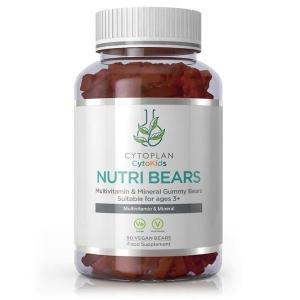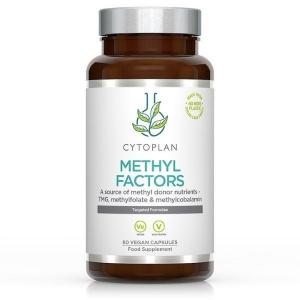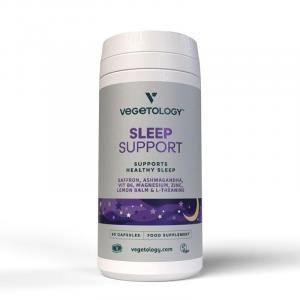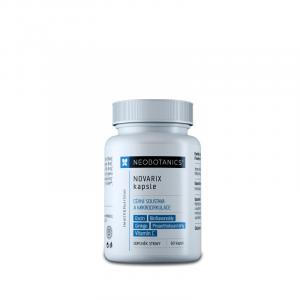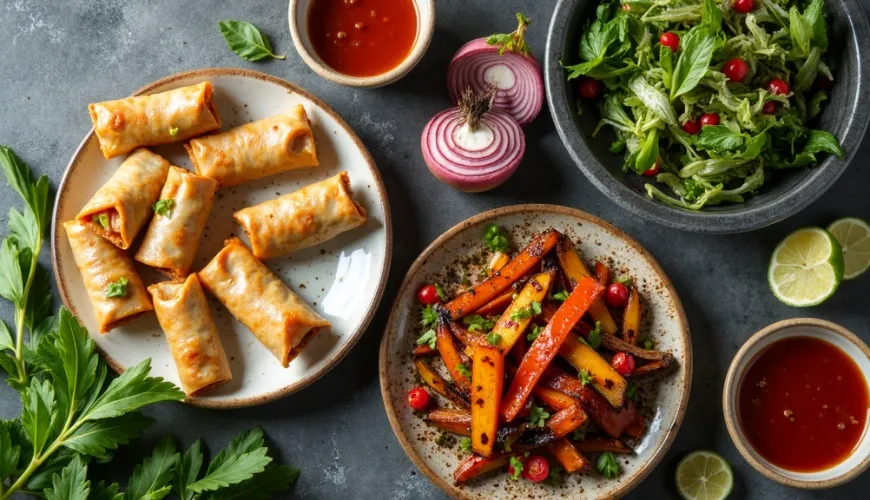
Enoki mushrooms for health and a taste experience in your diet
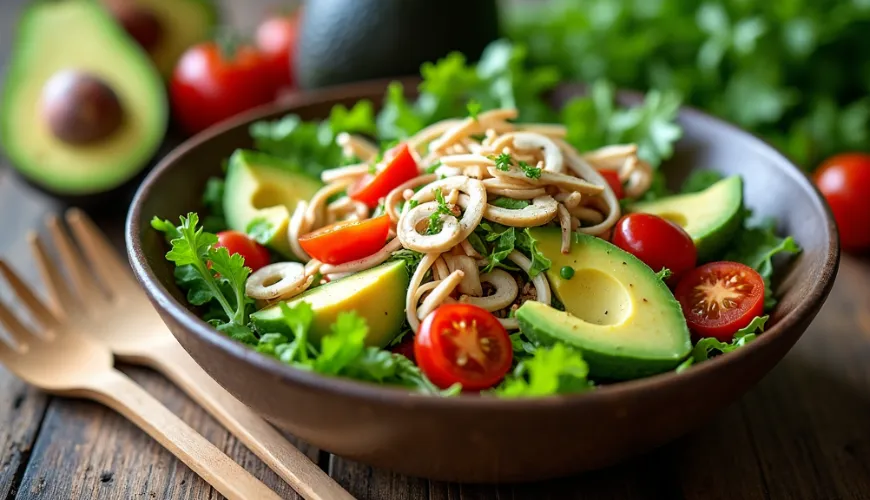
Enoki Mushrooms - A Japanese Treasure with Delicate Flavor and Surprising Effects
As more people turn to plant-based diets and seek alternatives to common ingredients, new flavors and foods are emerging that were known only to a narrow circle of gourmets a few years ago. One such ingredient is enoki mushrooms, originally from Japan, which are now gaining popularity in Czech households. Not only do they captivate with their appearance – long, thin white stalks and small caps – but they also contain a range of valuable substances and have positive health effects. And the best part? They are incredibly versatile in the kitchen.
What Are Enoki Mushrooms and Where Do They Come From?
Enoki (Latin Flammulina velutipes) originates from East Asia and is a traditional part of Japanese, Korean, and Chinese cuisine. In nature, they grow on the trunks of trees, mainly elms, but today they are most commonly cultivated in specialized farms under controlled conditions. It is these farmed enoki that have the typical white hue – the absence of light prevents pigment formation, resulting in delicate, slender, and elegant mushrooms that look almost like white needles.
Unlike European mushrooms, which we usually associate with a strong flavor and meaty texture, enoki are mild, slightly sweet, and pleasantly crunchy. This texture makes them a popular ingredient in soups, salads, or stir-fry recipes. They can also be eaten raw if properly cleaned and fresh.
Why Include Enoki in Your Diet?
In addition to their unique taste, enoki mushrooms offer significant health benefits, making them more than just a culinary specialty. They contain a diverse range of nutrients that support the body in several areas.
1. Low-Calorie Powerhouse Full of Fiber
Enoki are almost fat and sugar-free, but rich in fiber, making them an ideal food for those looking to support digestion or reduce calorie intake without sacrificing taste. The fiber also slows down the absorption of sugar in the blood, helping to stabilize glucose levels – crucial for people with insulin resistance or diabetes.
2. Immune Support and Antioxidants
Enoki contains bioactive substances such as polysaccharides, beta-glucans, and antioxidants, which play a vital role in strengthening the immune system. Beta-glucans are well-known for their immunomodulatory effects and are also found in other functional mushrooms like reishi or shiitake.
3. Potential Anti-Cancer Effect
Some research – including studies published in journals like Journal of Cancer Research and Clinical Oncology – suggests that enoki mushrooms may contain substances with potential anti-cancer effects. Japanese researchers even believe that regular consumption of enoki might be one of the reasons for the lower incidence of certain types of cancer in specific areas of Japan.
4. Rich Source of Vitamins and Minerals
Enoki is a source of vitamin B3 (niacin), B5 (pantothenic acid), and also potassium and copper. These substances support the nervous system, skin health, and metabolism. Copper is also essential for the production of red blood cells and a healthy immune system.
Try our natural products
How to Cook with Enoki Mushrooms?
One reason why enoki mushrooms are gaining popularity is their simple preparation. They don't require long cooking or special handling – just rinse them, cut off the bottom part (which can be a bit tough), and use them like any other vegetable or mushroom.
While in Asia they are a common part of noodle soups or kimchi, in our region they are finding their place in less traditional forms. An example is a simple recipe of baked enoki mushrooms with garlic and sesame, ideal as an appetizer or part of a vegetarian dinner. Just place the mushrooms on a baking sheet, drizzle with sesame oil, add garlic, soy sauce, and lightly roast in the oven. The result is a crispy, slightly nutty treat.
Another popular enoki recipe involves wrapping them in slices of tofu or zucchini and then grilling – perfect for summer evenings when you don't want to spend hours at the stove. And if you're looking for inspiration for cold dishes, try adding raw enoki to a vegetable salad, where their crunchy texture stands out.
How Enoki Changed One Household's Diet
When Lucie, a young mother of two small children from Brno, decided to reduce meat in her family's diet, she looked for substitutes that were not only tasty but also nutritious. "I stumbled upon enoki mushrooms by chance in a health food store. I didn't know what to do with them, but when I added them to homemade miso soup, the kids were thrilled. Now we have them at home almost every week," Lucie describes. Gradually, she started combining enoki with Czech ingredients – adding them to risotto instead of button mushrooms or to spring rolls as a meat substitute. "I like that they're healthy, light, and yet filling. And most importantly – they're different. The kids are already bored with everything they know," she adds.
What to Watch Out for and Where to Buy Enoki?
Although enoki mushrooms are healthy and safe, as with all fresh products, it's important to monitor their origin and freshness. In our country, enoki can be found in some larger supermarkets, Vietnamese markets, or specialized health food stores. They should always be firm, white, and without a slimy surface – if not, it's better not to consume them.
It's also important to briefly cook them, especially if you're unsure about their freshness. Although some recipes recommend eating them raw, caution is advised – in 2022, there was an isolated case in the USA of enoki contamination with the bacterium Listeria monocytogenes due to poor hygiene during cultivation. Such incidents are rare but serve as a reminder of the importance of a quality source.
Enoki as Part of a Sustainable Kitchen
Finally, it's worth noting another aspect that makes enoki mushrooms an ideal choice for the modern household. Their cultivation is environmentally friendly, as it requires little space, water, and energy – unlike animal production or some tropical crops. This makes them fit into the concept of sustainable diet, which seeks a balance between health, taste, and impact on the planet.
So how to include enoki in everyday cooking? There are plenty of options – whether as a meat substitute, part of a quick stir-fry, a salad enhancement, or as an unusual side dish to Asian meals. And yet, it's a subtle, light ingredient with almost no odor – ideal for households looking for new ways to eat healthily and with respect for nature.
As a Japanese proverb says: "Food is not just fuel, it's also medicine." Enoki mushrooms are a beautiful example of this – a combination of taste, health, and sustainability in one delicate bite.
